
We kindly inform you that, as long as the subject affiliation of our 300.000+ articles is in progress, you might get unsufficient or no results on your third level or second level search. In this case, please broaden your search criteria.


This paper analyses the concept and contextual framework of the European Danube Strategy (EDS) with respect to the role of civil society within the strategy. The development of the EDS is a work in progress. A great part of the documents are to be found online, in unpublished papers presented at conferences and/or meetings or are to be regarded at least as “grey literature”. On the background of the mental mapping dominant in the Danube region with its multiple barriers, rifts and breaks, the capacity for the inclusion of civil society is conceded in the planned strategy by the EU commission. Here, all bodies, the commission, member states and non member states taking part in the Danube strategy are analyzed. Our research reveals that almost all public stakeholders (member states, non member states, the commission) call in one way or the other for an inclusive approach to civil society. However, none of the public actors provide a clear concept, structure, or call to designate recourses to include civil society.
More...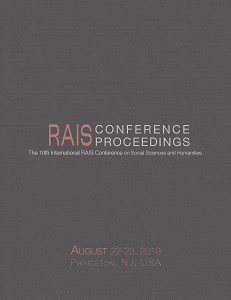
In a 2013 report released by the United Nations water insecurity was identified as a national security issue. This is due to the close correlation between mismanagement of water resources and acute conflict. With humanity's available potable water table under increasing stress from pressures like population growth, the effects of climate change and privatization, the potential for conflict to arise becomes more likely. This has been made painfully clear in Yemen, where a complex humanitarian crisis has evolved in recent years, called one of the worst crises of 2018. Disease, famine and conflict have spread rapidly, aggravated and in part induced by the consequences of being one of the most water-stressed countries in the world. This research examines the nature of the Yemeni crisis, particularly the role that water has played in it. It makes the case that in order for civilian casualties to be minimized, access to water must be protected.
More...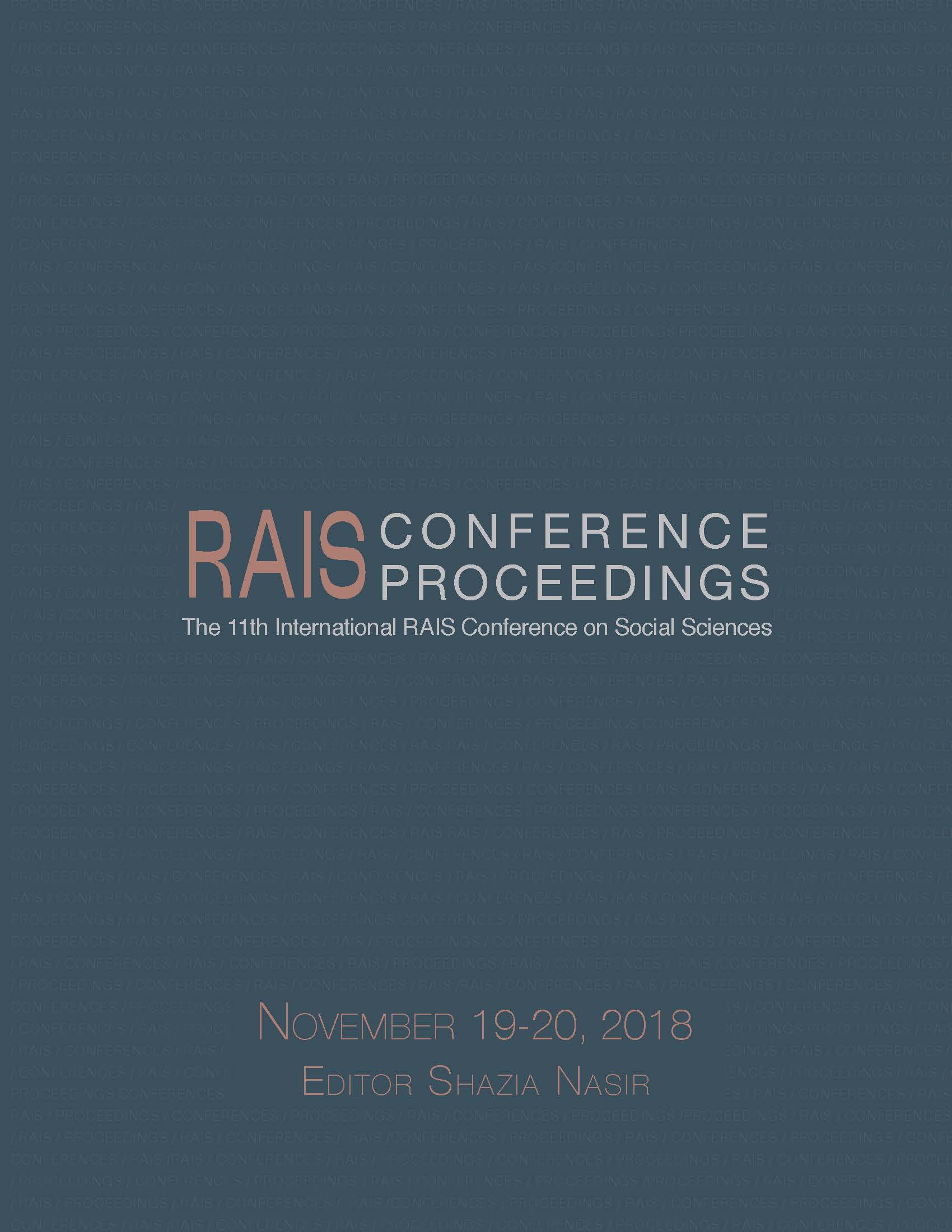
The world boasts a rather rich experience with regard to both public function itself and public function institution, hence civil servant category. Public servants appeared along with the organised state, a relevant culture, even a patrimony developing throughout millennia and centuries. Civil servants (even if not always called as such) have existed in all societies all over the world. Certainly, the meaning of this concept and of civil service differed in time. For some, civil servants were a kind of clerks dealing with the paperwork needed in the relation of the powerful with their subjects, of the authorities with the citizens, for others they included state administration, clerks in ministries, those responsible with tax collection, more or less all those remunerated from the state budget, except dignitaries and military. Presently, all states have civil servants who work in keeping organic laws which regulate the activity pertaining to the operation of a state, to public order and to state security, to optimising the relationships between authorities and citizens etc. In Romania, the activity of civil servants is regulated by Law no 188/1999, amended in 2018, on the Statue of Civil Servants, and by Law no 156/2018 amending Law no 188/1999
More...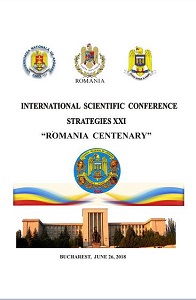
The article wishes to publish the results of a survey aimed at identifying the subjective perceptions of the residents of Brasov on the risks/dangers affecting the security of the respondents and to highlight by correlational analysis the economic and social factors influencing these perceptions. The research objectives aim at identifying the most frequently mentioned risks at the level of the Braşov community, describing the profile of persons in the Brasov community vulnerable to risks, and correlative analysis of the interdependence of the perceived risks. Using this data collection tool, the questionnaire, we aimed to analyze the issue of security according to the classical dimensions promoted by the Copenhagen School: economic, political, social, military and ecological.
More...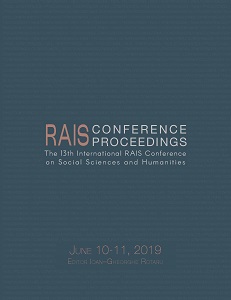
In history, between Law and Religion there existed an important connection because both have their origin in establishing some norms regulating the conduct of man in the society. Thus, if at the beginning, the religious and the legal norms were almost identical, over time these began to differentiate, preserving, however, a latent and permanent connection. In its evolution, law has always represented an assembly of behavioural rules in the social connections, whose main feature is the mandatory feature establish for all its members of a society. By studying religion, we can establish similar rules as the law ones, having as purpose the creation of a manner for preserving peace and understanding between individuals, without family links, rules which had to be complied with by all the participants in a social, economic or religious process.
More...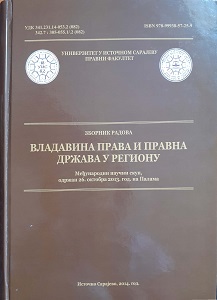
The transition is most often perceived as a prerequisite for democracy, as an undemocratic transformation into a democratic system that is consolidated when the government acquires a habit to operate within the established legal framework. The legal state is thus defined by its law, which in turn is defined by its clearly established values. The law of the states of this region turned the transition into an excuse for a slow transformation with unclear values which, instead of supporting the establishment of the legal state and the rule of law, are minimizing the importance of these two concepts. Elaborating on the phenomenon of the rule of law and the rule of law in the context of transition, by applying comparative law method, teleological and axiological methods and content analysis, the paper confirms the starting hypothesis that the social forces and political entities who were given a decisive political role during the transition, and were thus granted the state power, proved unprepared for efficient transformation of the former society and the state into a modern democratic society, which is the condition for, but also the consequence of the legal state and the rule of law.All the states of the region introduced the value of the legal state and the rule of law as their constitutional principles. Transition was a frame for this experiment, since the legal state and the rule of law were to be implemented urgently, simplifying it as much as possible, selecting from the catalogue of democratic institutions those for which it was believed that their values, in the conditions of a new and different environment, would ensure the desired result. Although the nominal commitment to objective of establishing the legal state and the rule of law is willingly and readily underscored in all the programme documents of all subjects of the political life of countries in the region, it is obvious that the formal acceptance of the principle of the legal state and the rule of law does not automatically mean the application of their contents. The transitional environment was not up to the acceptance of the values of the rule of law, much less to taking responsibility for their accomplishment.The change offered by the transition was a unique opportunity to constitute a principle of justice, based on the idea of new justice which relies on a new articulation of the core values of the civil society, strengthening and ensuring the principles of legal security, social peace, but this would mean designing the binding principles, which, judging by the results, has not happened. It is certain that the legal state and the rule of law will not be put in the forefront by a stubborn repetition of the declared loyalty to their principles, but by full endorsement with the intention of they being applied to the letter.
More...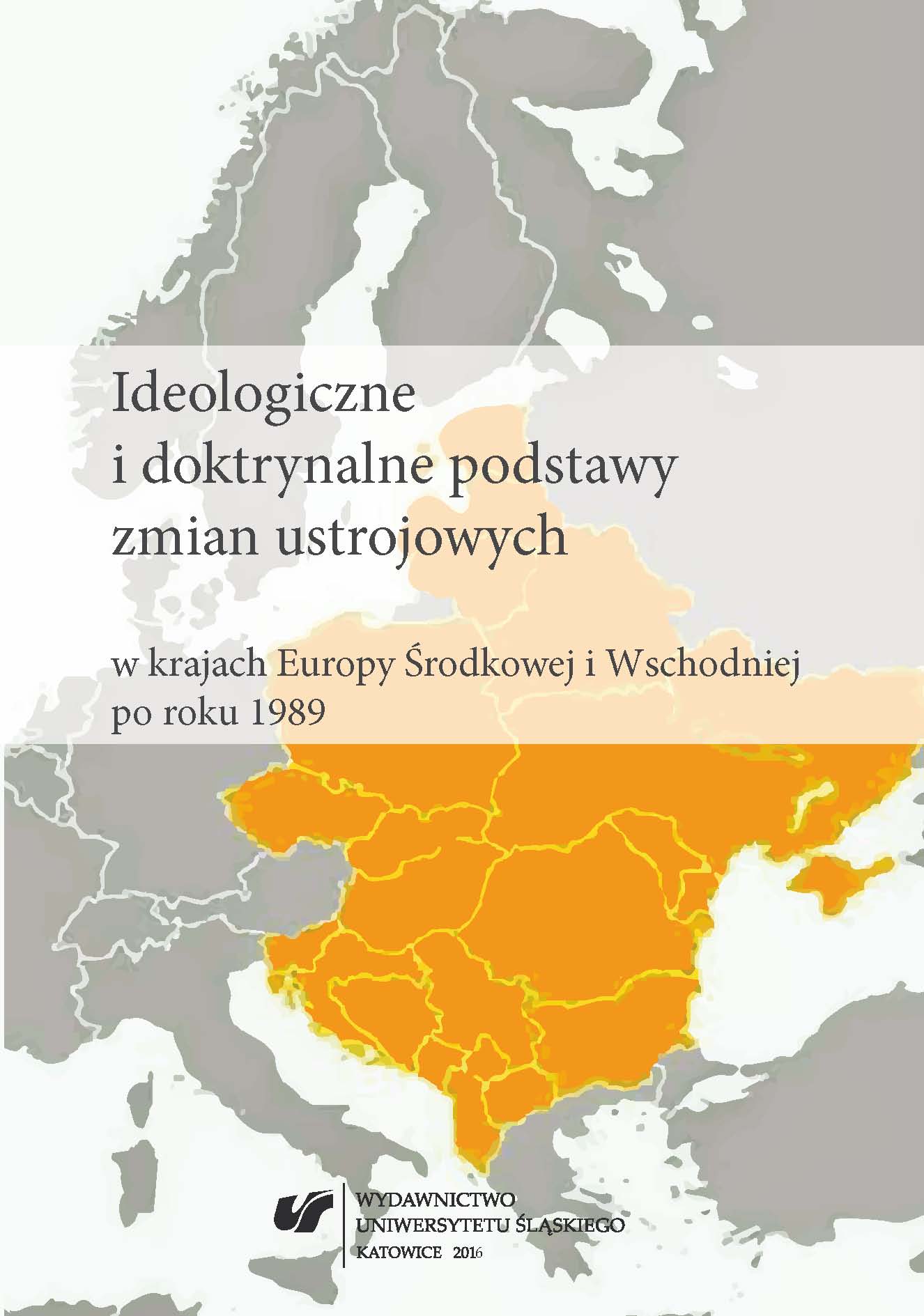
The aim of the article is to reconstruct the theoretical foundations of the local government, reestablished in 1990, taking into account the state and political theories, whose standards have been established with regard to the local government during the interwar period, as well as the concept of the civil society, built upon the foundation of the civil movements of the 1980s that aimed at democratizing the authoritarian regimes of Central and Eastern Europe. The idea of the civil society, which reemerged after two centuries, not only inspired a nation-wide political protest movement and democratic modernization of the state, but also became one of the cornerstones of the conception of the local government, as cooperation with the local organizations, considered to be the most important agents of the third sector, has been inscribed directly into the local government statutes.
More...
Debates in the political field about “democratic transition” or “democratic transformation” have been related to the shift from authoritative regimes to incipient democracy, especially to account for changes in Eastern Europe, Latin America, and, to some extent, Africa and Asia. Both terms are used to designate the idea of democratization of countries.
More...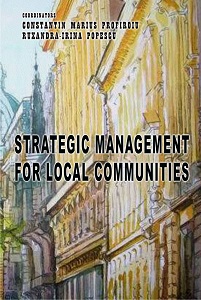
This paper examines the activities and roles of NGOs in order to determine their place in contemporary society. The first part of the paper outlines the criteria for definition and classification of NGOs. The second part of the paper provides an analysis of NGO evolution and development throughout history focusing on their influence and role in the world. In the end, the author concludes that NGOs represent a citizens' initiative in order to solve community problems and their involvement in society requires time and resources.
More...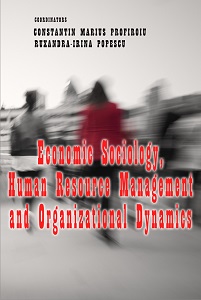
The first part of the paper provides an overview of the Romanian non-governmental sector and its challenges faced after 1989. The legal basis for setting and maintaining this sector as well as the classification of non-governmental organizations and the structure of human resources are also explained. The second part of the paper performs a broad analysis covering the whole Romanian nongovernmental sector. In the end, some general recommendations on the Romanian NGO sector development are formulated.
More...
No matter where in the world you find yourself, the idea of youth and youth movements will always be a highly romanticized one. From the young men intent on bringing down France’s absolute monarchy in the late eighteenth century and Mazzini’s Young Italy movement in the nineteenth century, to the Edelweiss Pirates in 1930s Nazi Germany and the student-led anti-gun group founded three years ago in the United States following a deadly shooting at the Marjory Stoneman Douglas High School. For the nostalgic soul, youth movements are vestiges of days gone by—a time with few complications, other than fighting for one’s ideals. Although eruptive and episodic, these movements were far from unstudied; they were, instead, organized and conscious. They were attempts by young men and women to bring about or resist societal change and took on a variety of forms, including “student rebellions, cultural innovations (literary, artistic, music) scientific revolutions, religious reforms, ethnic revolts, nationalist and political generations, and environmental, peace and anti-war movements” (Braungart and Braungart 2001, 16668). Having focused on young diaspora Kurds during my master’s degree in London, I was introduced to Kurdish youth movements both from afar and within an academic setting. It wasn’t until I relocated to the Kurdistan Region of Iraq (KRI) in 2013 that I began to truly appreciate the intricacies of today’s youth and the challenges they face. In this chapter, I highlight such challenges while focusing on nationalism and the ways in which it is being championed by the youth of today.1 To better understand the current brand of youth nationalism, I will explore what the movement meant to Kurdistan’s forebears, why it changed so dramatically after the mid-twentieth century, and how it became multifaceted and unfixed.
More...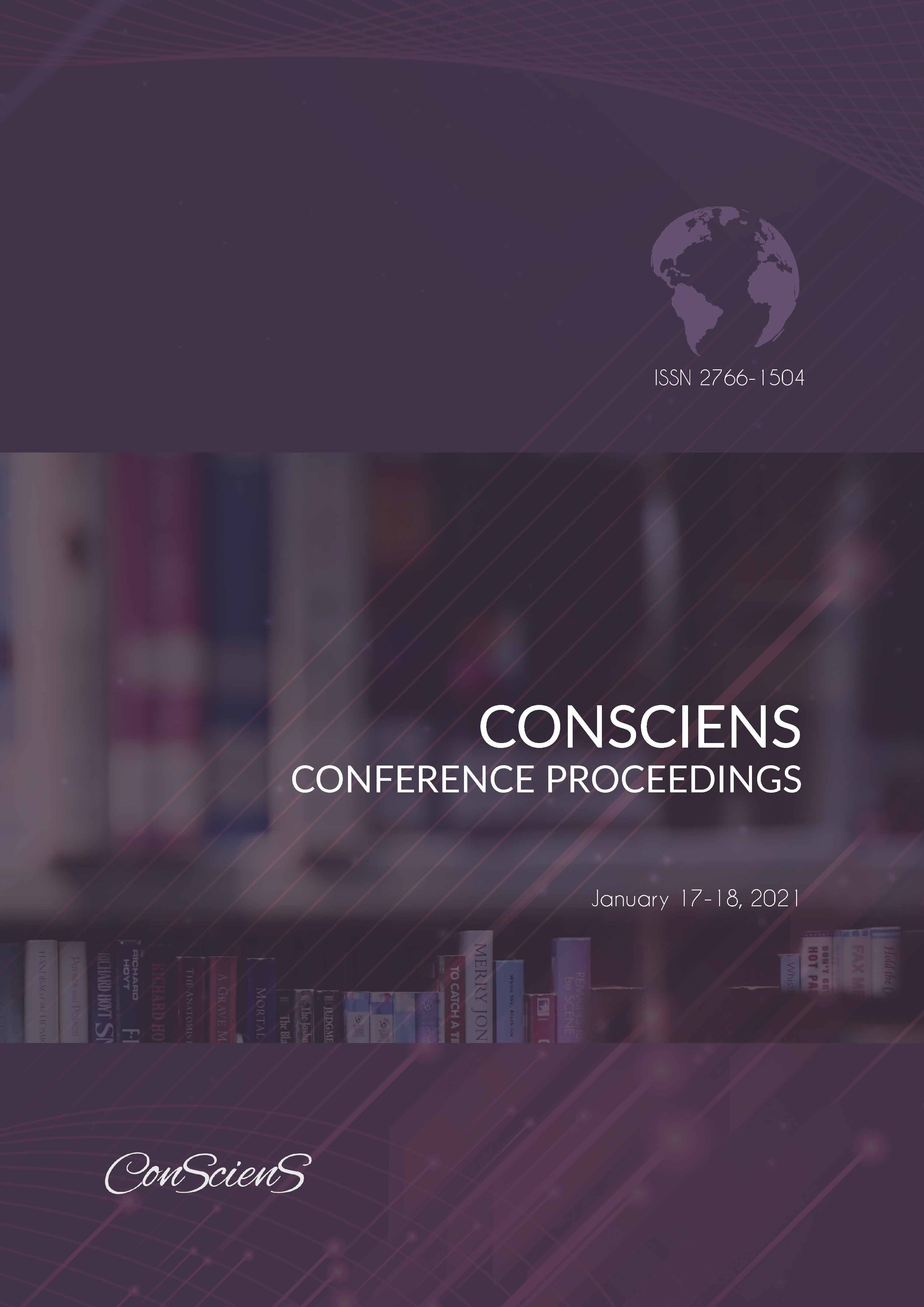
Neoliberalism is a term that has attracted a remarkable degree of frustration and fury within the academia. Its political ideology is associated with Wall Street greed, union-busting, deregulation, wage theft, privatization and exploitation. Critics claim it has been used as a weapon of the wealthy class to mask their true intentions. It removes decision-making out of popular hands and places decisions in the hands of unelected International Organizations, undoing democracy. The extreme inequalities and empowerment of capital that neoliberalism brings about, reduces human beings into market actors undermining the power and needs of the people. The main conclusion of the paper is that neoliberalism policies are a radicalizing threat to human potential and democracies in the 21st century.
More...
Among the many outcomes of the Arab uprisings of 2011 was the collective recognition that we had not been paying enough attention to our conceptual understanding of youth or the variety of forms that political activism can take in a region that seemed to have grown morose under its authoritarian yoke. The vibrancy of the social movements that manifested in public spaces across the region in 2011 demonstrated the limitations of analytical frameworks such as ‘waithood,’ ‘bulge,’ and ‘apathy’ for understanding the region’s youth and their relationship to politics. These gaps in knowledge drove forth numerous studies and multilateral research projects that have added significant conceptual depth to the notion of ‘youth’ that move well beyond age-based cohort definitions, as well as critical insight into the indirect or seemingly ‘non-political’ forms of Arab youth political activism. Such works have allowed us to conceive of youth within the frames of Mannheimian generational analysis, and have allowed us to see political participation outside of formal instances such as elections and parties. Yet at the same time, there remain conceptual gaps with regards to the analysis of ‘youth politics’ as well as the various factors that mediate a distinctly youth political behavior.
More...
The last decade of Lebanese youth activism shows a trajectory that seems somewhat incongruous with that of regional neighbors. Having largely sat out the broader revolutionary movements in 2011, youth activism seemed to join the Arab Spring in 2015 with the YouStink movement, which saw grievances move from issue-based claims around the garbage crisis to much broader calls for wide-ranging reform of the sectarian political system. While this movement failed to produce regime change, it nonetheless laid the foundations for the emergence of new generation political forces that challenged outright sectarian political party logic. Yet after some initial electoral success, these new efforts also seemed to fade away. Then in October 2019, revolutionary mobilization arrived in earnest, calling for an overhaul of the entire political class under the collective banner “All Means All,” only to dissipate under the crushing weight of Covid-19. In parallel to these protest waves and various manifestations of direct political contestation has been a plethora of new youth initiatives in various forms of public service within the country’s diverse civil society sector, which aim to either work with the State or indeed fill in gaps where the State is absent.
More...
Is there such a thing as ‘youth politics’ in the way we have gender politics, working class politics, or poor people’s politics; and if there is, what are its attributes and modes of expression? After all, what is the significance of youth politics, if any? Even though some have expressed doubts about ‘youth’ as a meaningful category or considered it as a mere construct, here I would like to propose an analytical lens which may help understanding youth as a useful category with distinct politics. In this sense ‘youth politics’ will be viewed in terms of the conflicts and negotiations over claiming or defending youthfulness; but this is a politics that is mediated by the position of the young in class, gender, racial, sexual and other involved social structures. In brief, the political outlook of a young person may be shaped not just by the exclusive preoccupation with ‘youthfulness’, but also by his/her positionality as citizen, poor, female, or a member of a sexual minority. The propositions advanced here are informed by my observations on young people’s lives in the contemporary Middle East, where the spectacular Arab uprisings brought youth to the forefront of politics.
More...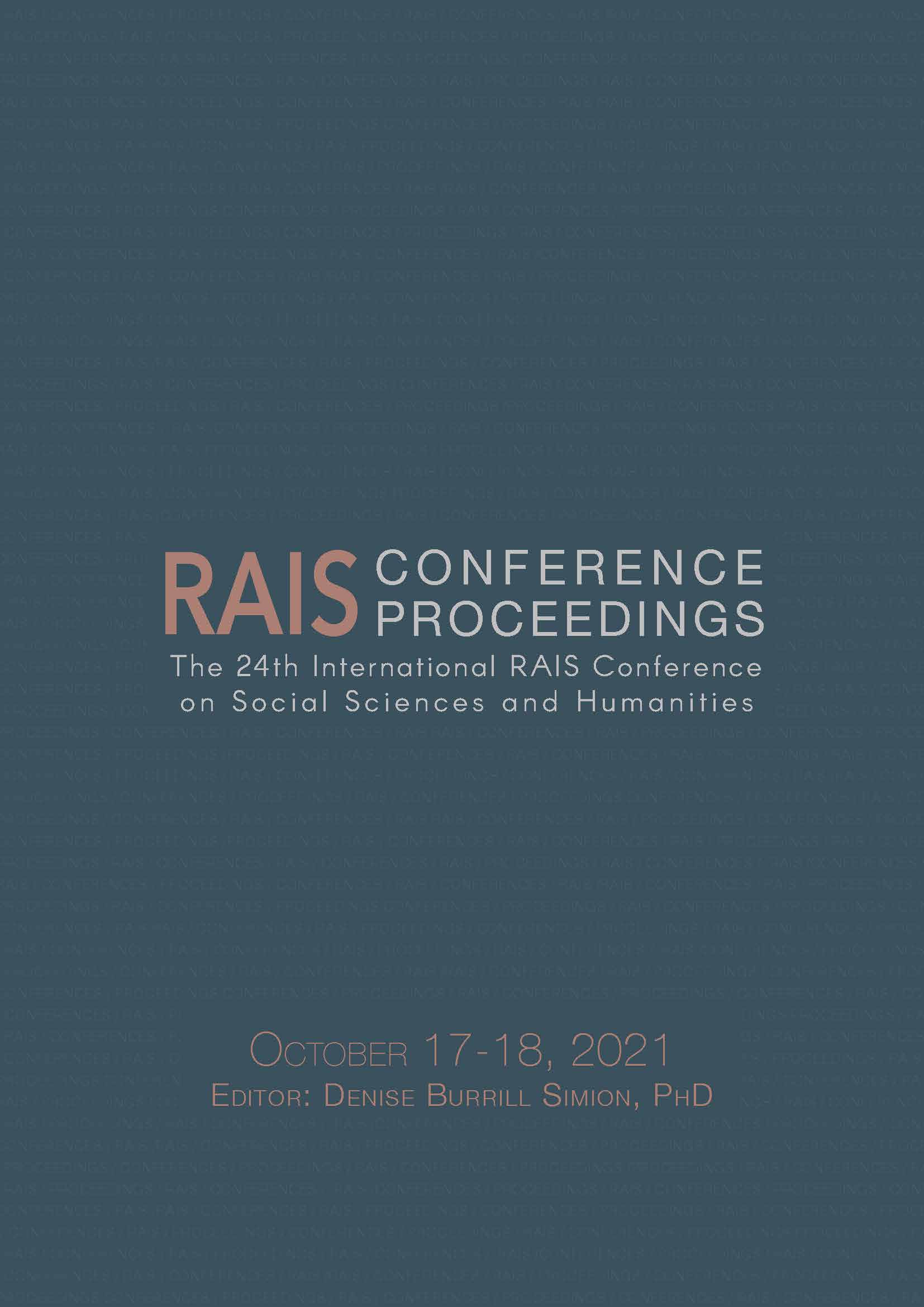
The COVID-19 pandemic has led to worldwide lockdowns and social distancing measures. Speculations about prehistoric human development, when cave-man and cave-women survived and advanced in seclusion serve as an analogy for today’s lockdowns in order to derive inference about a potential future of humankind after the pandemic. Researchers at the University of Vienna study the group dynamics and socio-psychological impact of crises as a driver of human advancement. As these researchers outline, in the history of humankind, seclusion in caves held enormous potential for societal development, which may also apply today in regards to the COVID-19 pandemic. During periods when natural disasters made exterior living conditions dangerous, human hiding themselves in caves developed so-called “cave competencies.” These key advancements grew when people had to seclude themselves from society – e.g., during natural disasters, volcanic eruptions, but also during pandemics, such as the great plague of the 14th century. Starting out in analyzing the currently-ongoing work on cave competencies, this article then embarks on highlighting potentially constructive effects of the COVID-19 crisis, following M. Davis Cross’ crisis transition to a new Renaissance. The individual decision-making during crises is captured in its potential to extracting a particular common welfare enhancement in cooperative behavior. Altruism and reciprocity based on trust are outlined as important steps towards cooperation. An archetype of the renewed ethos is formed on the basis of a community of interest and is supported by the coordination of long-term cooperation and the particular interests of the participants in dialogue maintenance, as well as their fine attunement to empathic communication. Differing motivations, communication network frictions and free rider problems are discussed as potential obstacles of strengthening the social glue during a pandemic. Group psychology of collective coping strategies as well as the long-term coordination of intergenerational cooperation are outlined with particular attention to the digital world the pandemic has fortified.
More...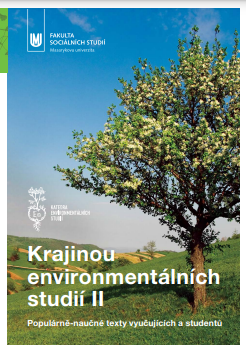
Environmentalizmus sa v očiach širokej verejnosti spája skôr s ľavicovou politickou orientáciou. Nemecký nacizmus nám síce ukázal jeho krajne pravicovú polohu, že sa ale zelenou farbou dokážu zatrieť xenofóbne názory aj dnes, mnohých pravdepodobne prekvapí. Takéto praktiky pritom nachádzame v rôznych kontextoch a krajinách.
More...
České environmentální hnutí se dvacet pět let od Sametové revoluce zamýšlí nad svými polistopadovými úspěchy a nezdary. Takové bilancování je dobrou příležitostí k úvahám, jaké strategie se během těch let osvědčily, v čem se poučit z vlastních chyb a kam se vydat dál.
More...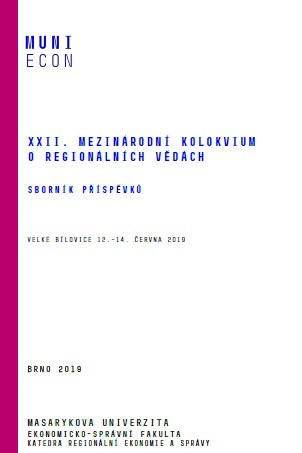
Citizens' satisfaction can be determined by political culture as well as by gender, age, and other demographic characteristics. The aim of the paper is the theoretical elaboration of the solved issue at the level of local selfgovernment. The paper is focused on the importance of ghosting in self-government as well as its verification through research. On the basis of 83 respondents, we tried to verify statistically significant gender differences in factors of citizens' satisfaction and ghosting at the level of towns and villages. The five-item questionnaire assessed citizens' experiences with ghosting in filing and resolving applications at the city and municipal level. The relatively high percentage of the exploratory sample has experience with ghosting in the form of non-response to the request or ignorance by the authorities. The results showed links between citizen satisfaction and ghosting experience. Ghosting between citizens and local government offices is multifactorial and can be caused by timeconsuming offices, conflicts between the citizen and the office, and more.
More...